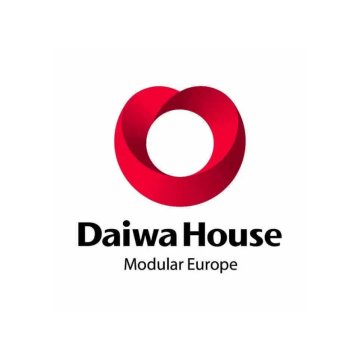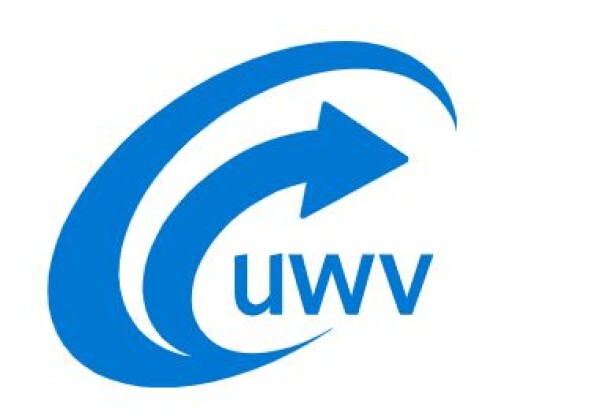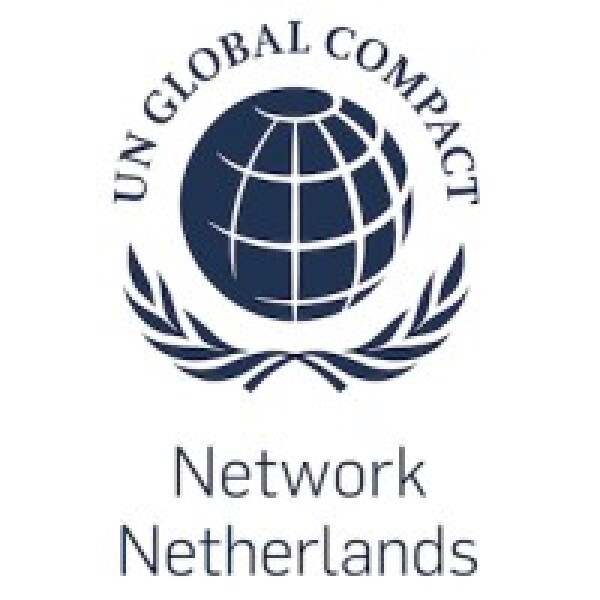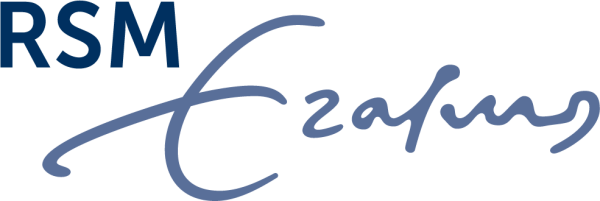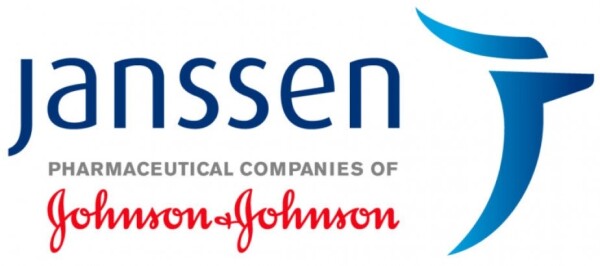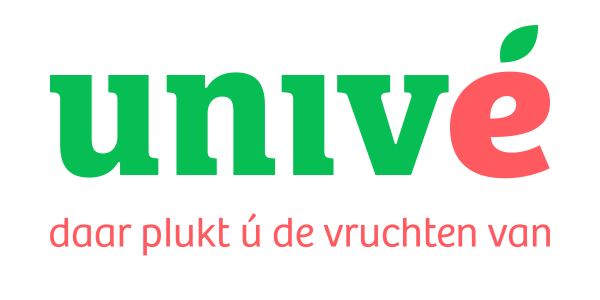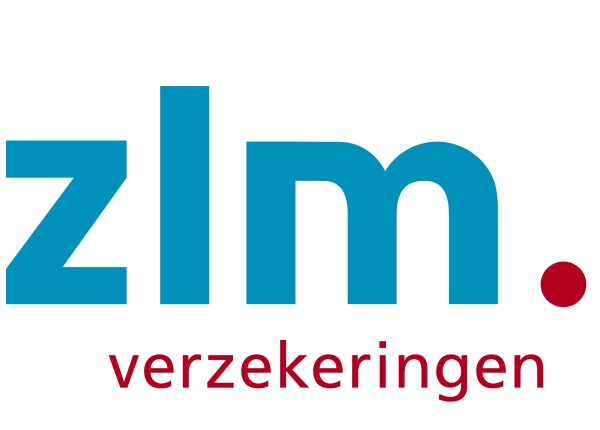From Strategy to Story: Developing a CSRD-Ready Sustainability Report
Daiwa House Modular Europe
Raw materials are exhaustible. Daiwa House Modular Europe / Jan Snel recognized the challenges this poses from the start. As one of the largest modular builders in Europe, sustainability is integrated into the core of their strategy. Modular construction is a sustainable way of building with minimal impact on the environment and society. At Daiwa House Modular Europe's production facilities, complete residential modules are prefabricated, assembled, transported to their destination, and installed. High quality, circularity, and scalability are central to this approach.
Value chain Daiwa
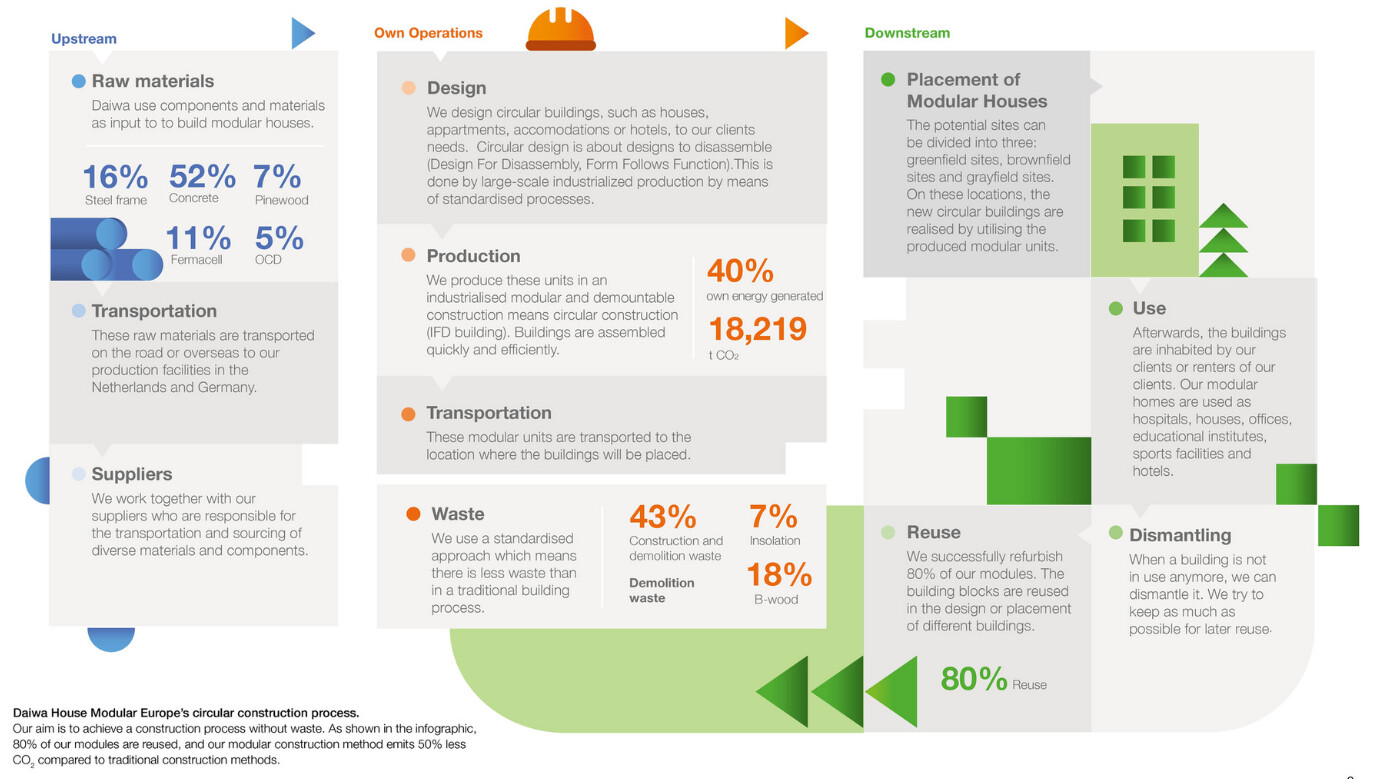
The collaboration between TOSCA and Daiwa House Modular Europe
For the fourth year in a row, TOSCA has been able to support Daiwa House Modular Europe in drawing up its sustainability report. Daiwa House Modular Europe published an ESG report in 2021 with the aim of fully complying with CSRD requirements. At TOSCA, we believe that reporting can be a wonderful tool to help companies become future-proof organizations that create long-term value. In doing so, we emphasize the potential of companies that are committed to being a force for good. Our shared vision of the role of companies in a sustainable future has led to Daiwa House Modular Europe's most robust sustainability report to date. A compliant CSRD report, without being subject to CSRD. A collaboration that brought together the ideas of TOSCA and the strategy of Daiwa House Modular Europe.
The TOSCA Roadmap
The process we went through with Daiwa House Modular Europe embodies our own Impact Roadmap. This roadmap serves as a clear step-by-step plan for how a company can gain insight into its processes and create long-term value.
1. Ambition – what is your ambition in terms of sustainability?
Daiwa House Modular Europe's ambition was clear from the start of the collaboration. After all, modularity and circularity are embedded in its business operations. Because the bar is set high, TOSCA also challenged them to set ambitious and realistic goals in terms of reporting.
2. Double Materiality Analysis (DMA) – which themes are a priority?
Over the past four years, we have been able to refine the report considerably. Two years ago, we developed a first version of the Double Materiality Analysis (DMA). This year, we did it againl, only this time based on the ESRS. Thanks to these guidelines, we were able to delve deeper into the core of Daiwa House Modular Europe. The process enabled us to identify the material themes and impact, risks, and opportunities of Daiwa House Modular Europe in a very specific way. Overall, it helped us with setting clear priorities.
Outcome double materiality analysis Daiwa
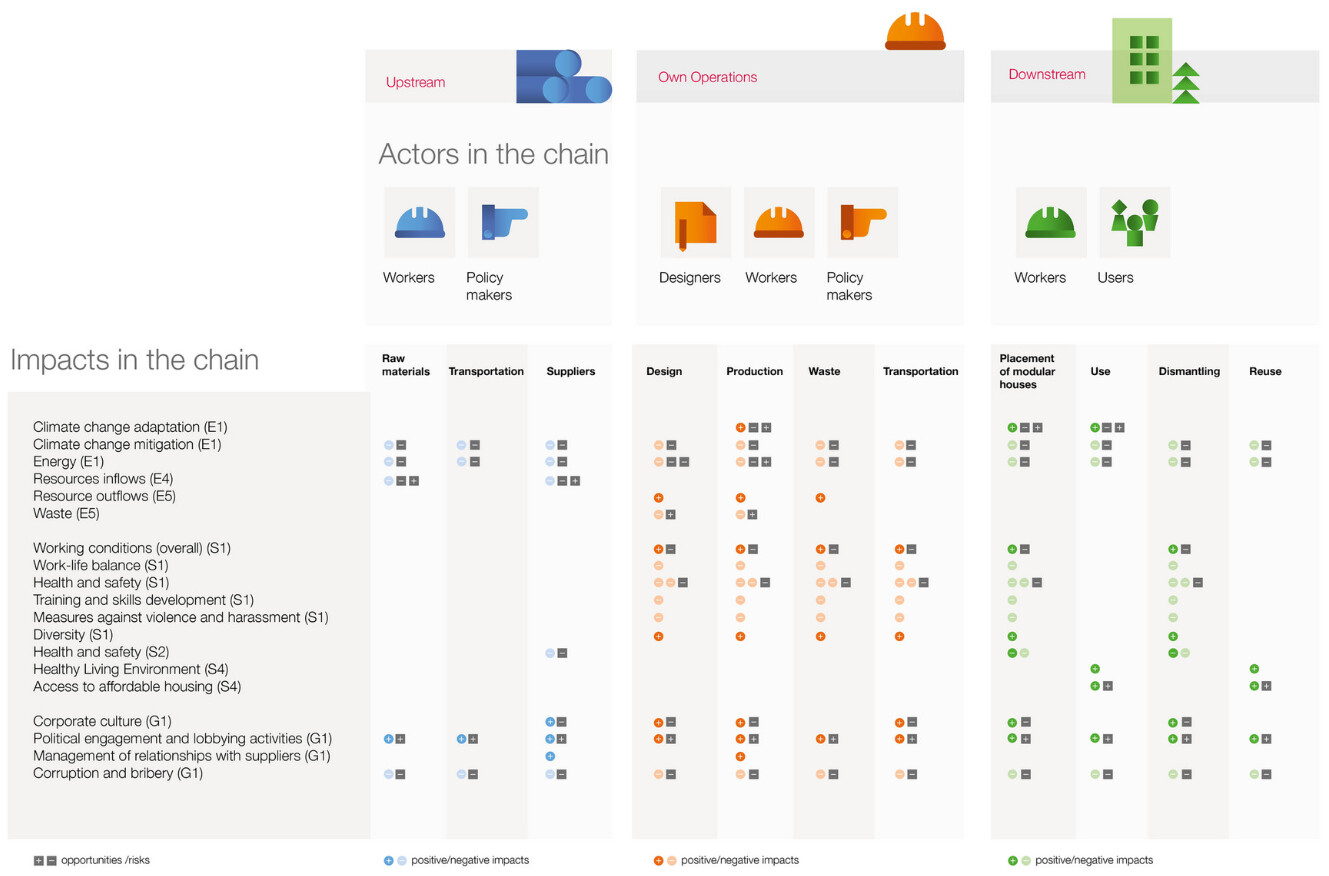
3. Gap analysis – which (CSRD) elements are you not yet able to comply with?
After identifying the material themes, we conducted a gap analysis in each subsequent year. This analysis provided insight into what information was already available at Daiwa House Modular Europe and where additional actions were needed. These identified gaps are annually addressed and filled out.
4. Strategy – What are your goals and how do you integrate sustainability into your business strategy?
We believe it is very important to communicate the essence of your long-term goals to your internal and external stakeholders in a clear overview. Which is why we have set up an ESG roadmap together with Daiwa House Modular Europe in which goals for the coming year, as well as for the medium and long term (2030 and 2050), are clearly communicated. This overview has been included in the report every year since the first release in 2021. We currently have data going back several years, which gives us increasing insights into the progress and feasibility of the long-term goals. This has taught us how important it is to constantly evaluate whether the goals set previously are still realistic or whether they need to be adjusted. It also highlights a degree of responsibility, because why has such a target not been achieved? A process as such brings us closer to the essence of reporting. It is not only a reflection of performance, but also gives direction for future initiatives.
ESG Roadmap Daiwa
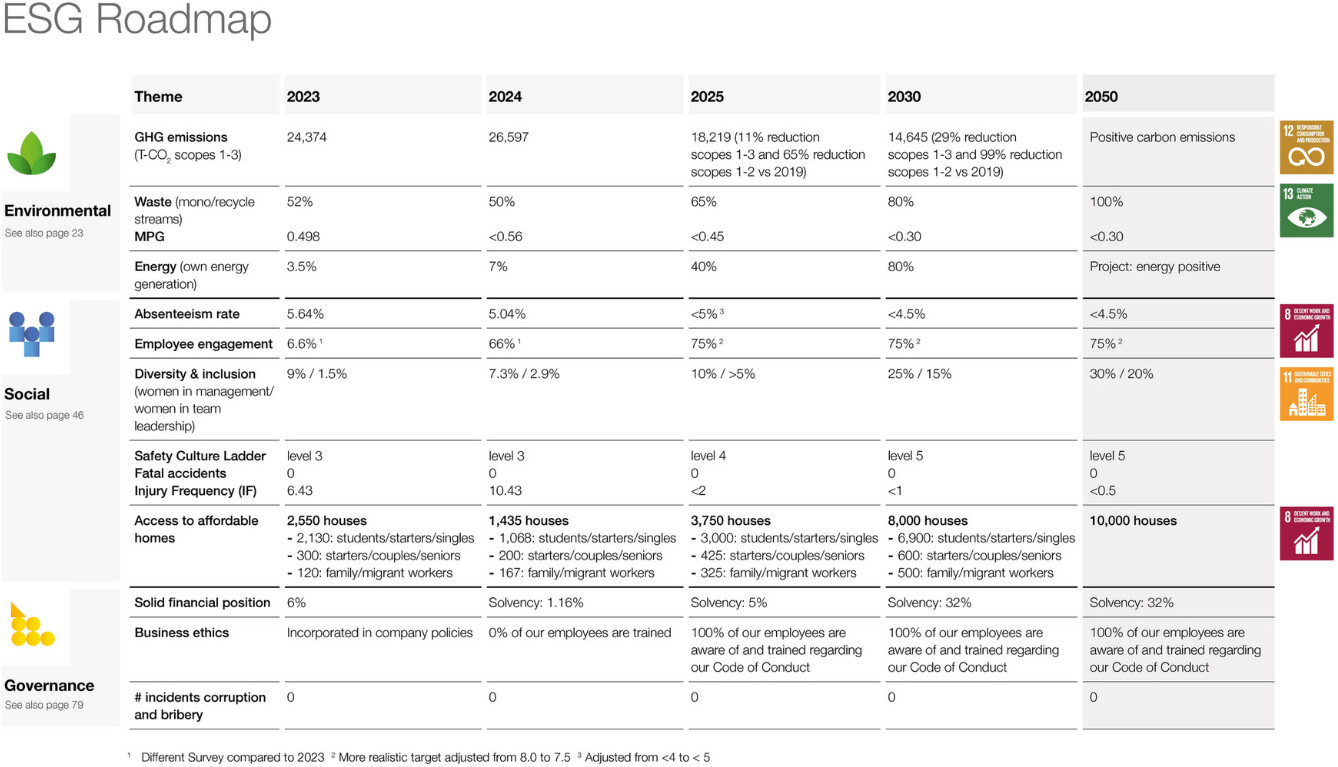
5. Implementation – How do you assign tasks and responsibilities and ensure progress?
The gap analysis also revealed that Daiwa House Modular Europe had not yet developed sufficient policy on its material themes. As a company in the construction sector, everyone at Daiwa House Modular Europe is very action oriented. Roll up your sleeves and get to work. That is why one of our priorities this year was to draw up policies to justify future actions. Furthermore, every year we work hard to further embed the established governance and responsibilities for all ESG themes in our business operations so that sustainability becomes part of Daiwa House Modular Europe's DNA. However, this is a process that requires continuous attention.
6. Communication – How and what do you communicate to your stakeholders?
Given recent developments in Europe, Daiwa House Modular Europe is no longer required to fully comply with the CSRD, but the company sees the added value for a future-proof organization and has therefore decided to continue with it. This underlines Daiwa House Modular Europe's ambitions to be a leader in its sector. We are very proud of this wonderful collaboration!
Tosca collaborated with CF Report on this report.
Click here to read the ESG Report of Daiwa House Modular Europe / Jan Snel!
Back to projects